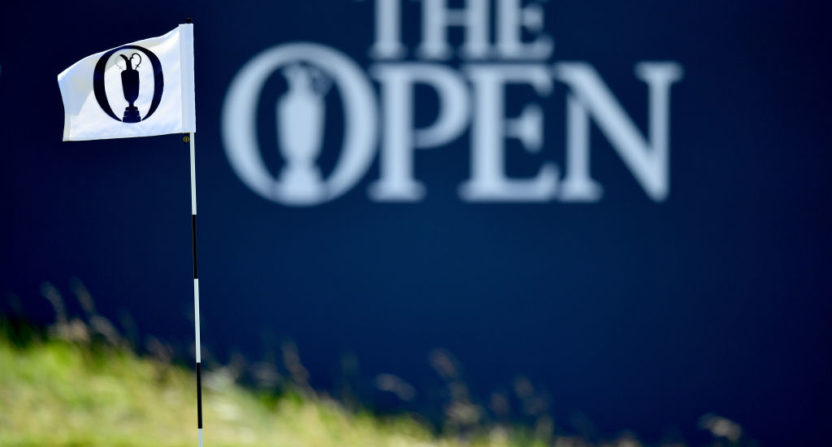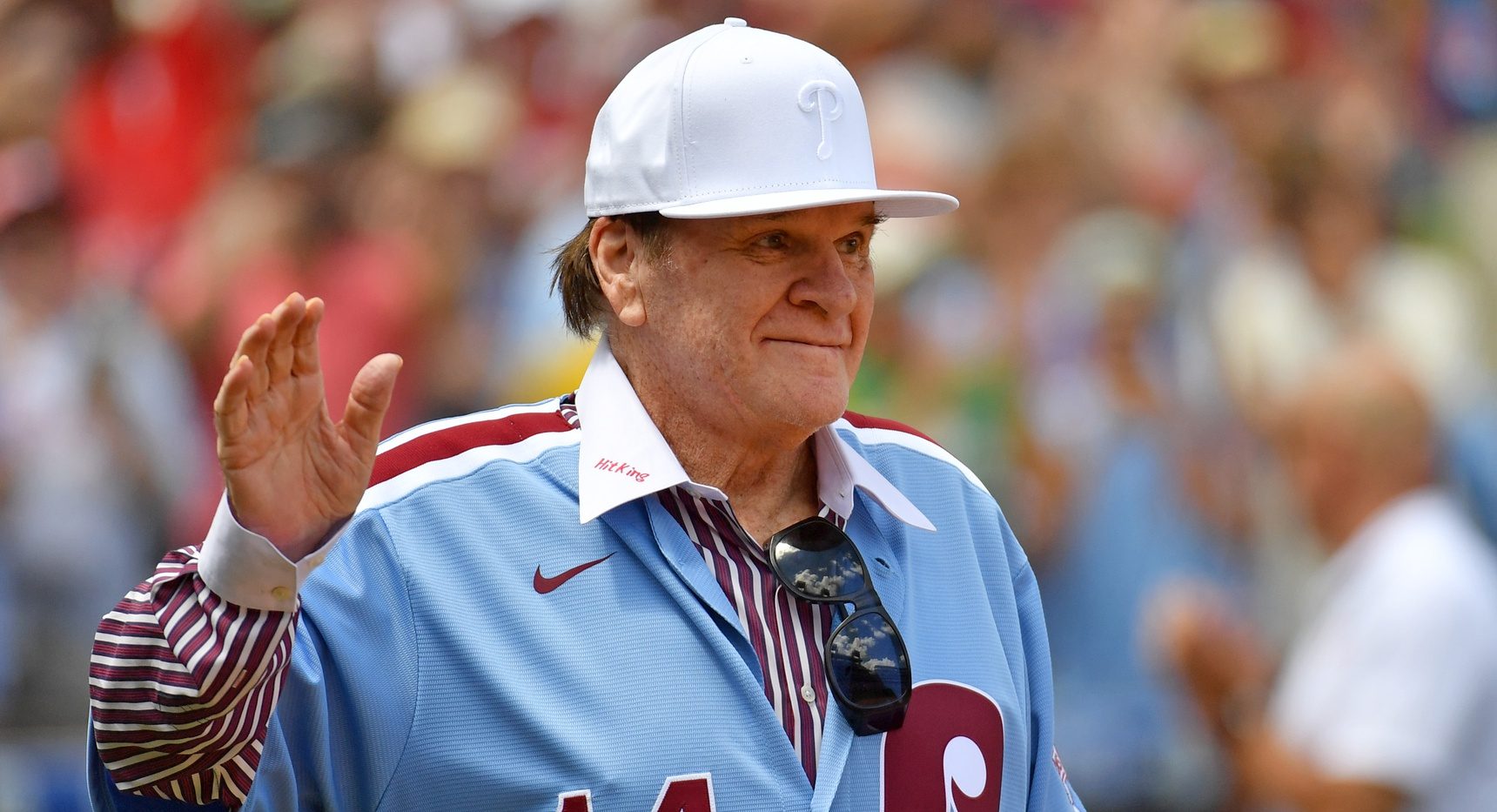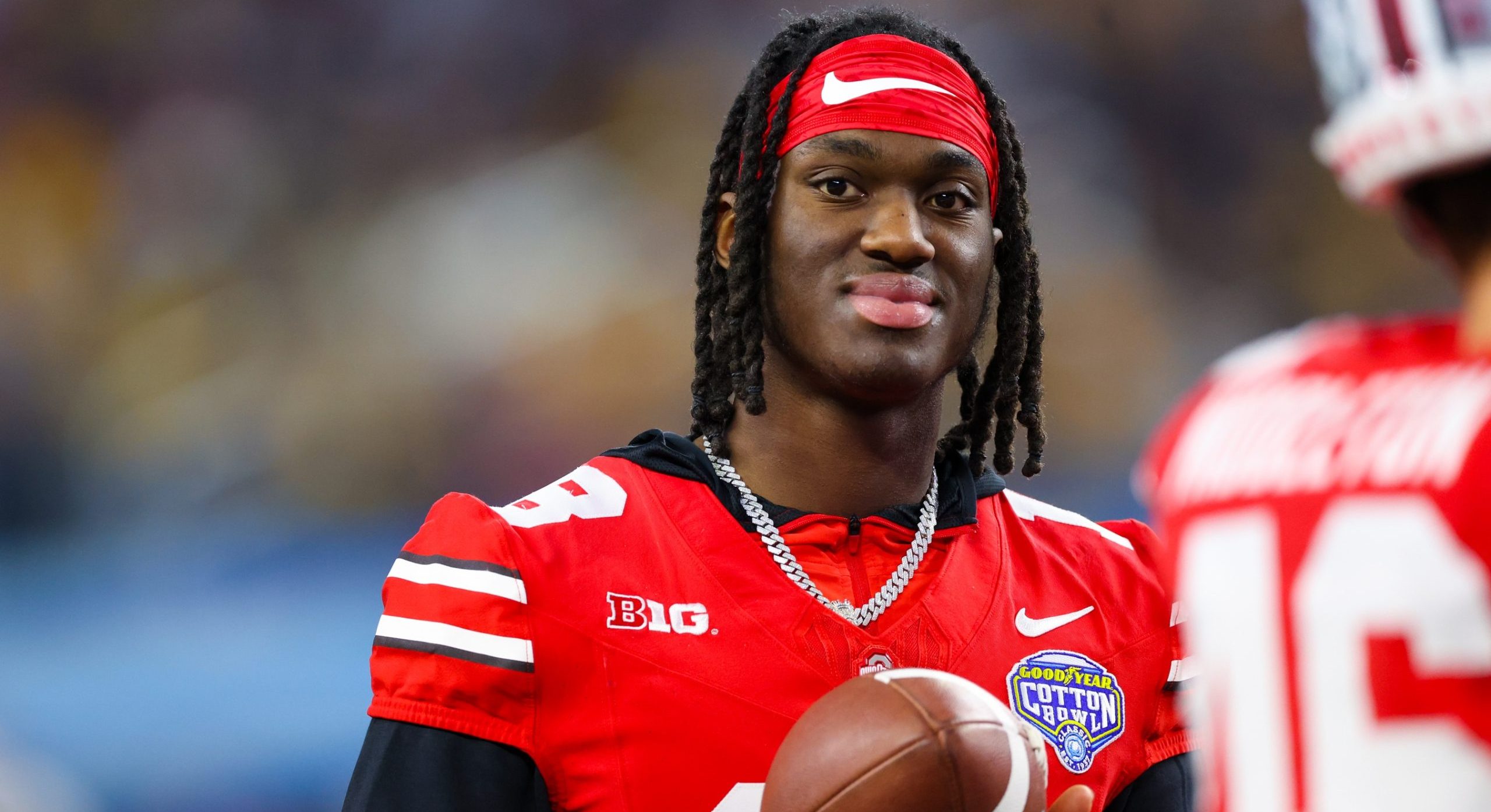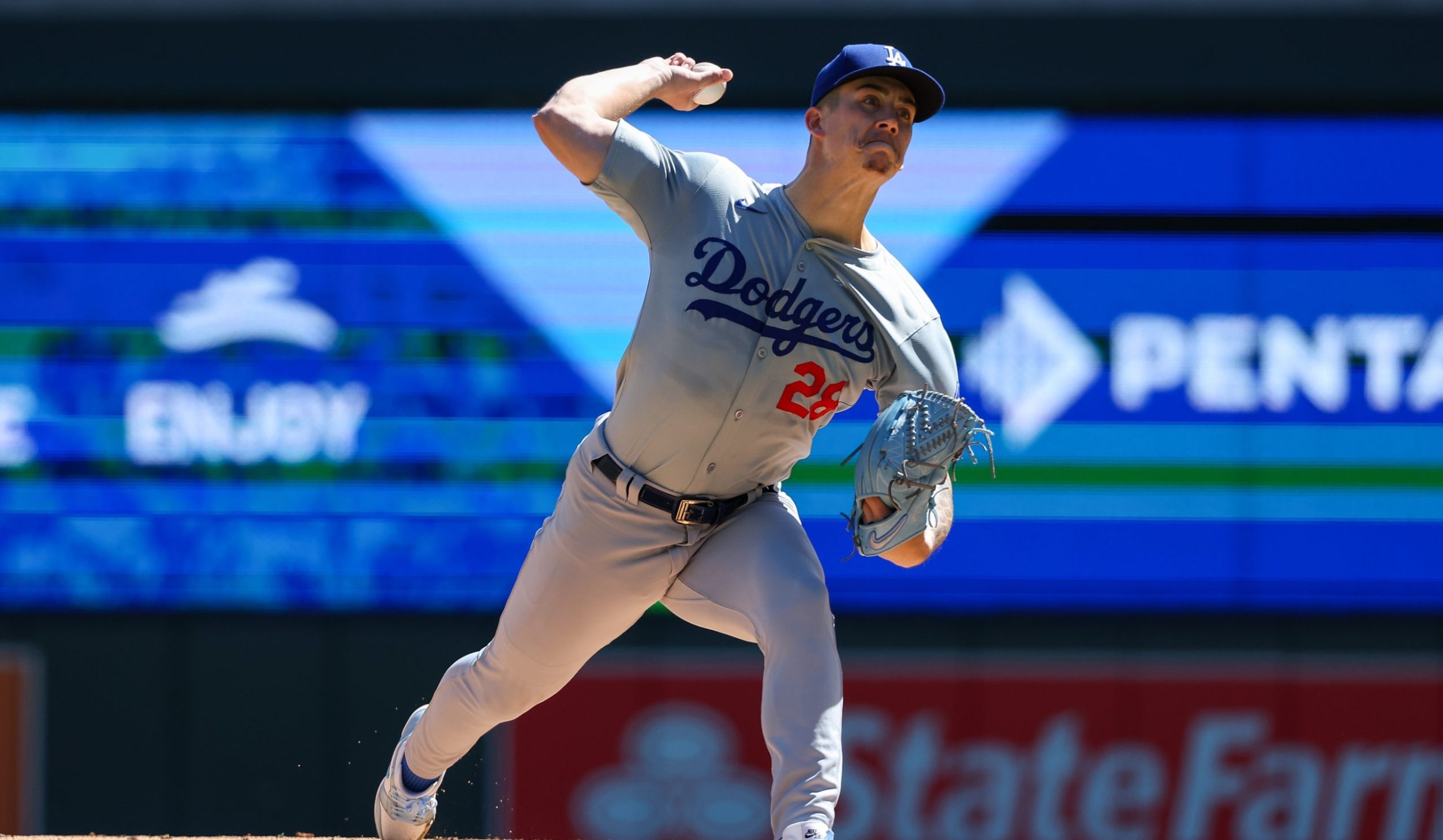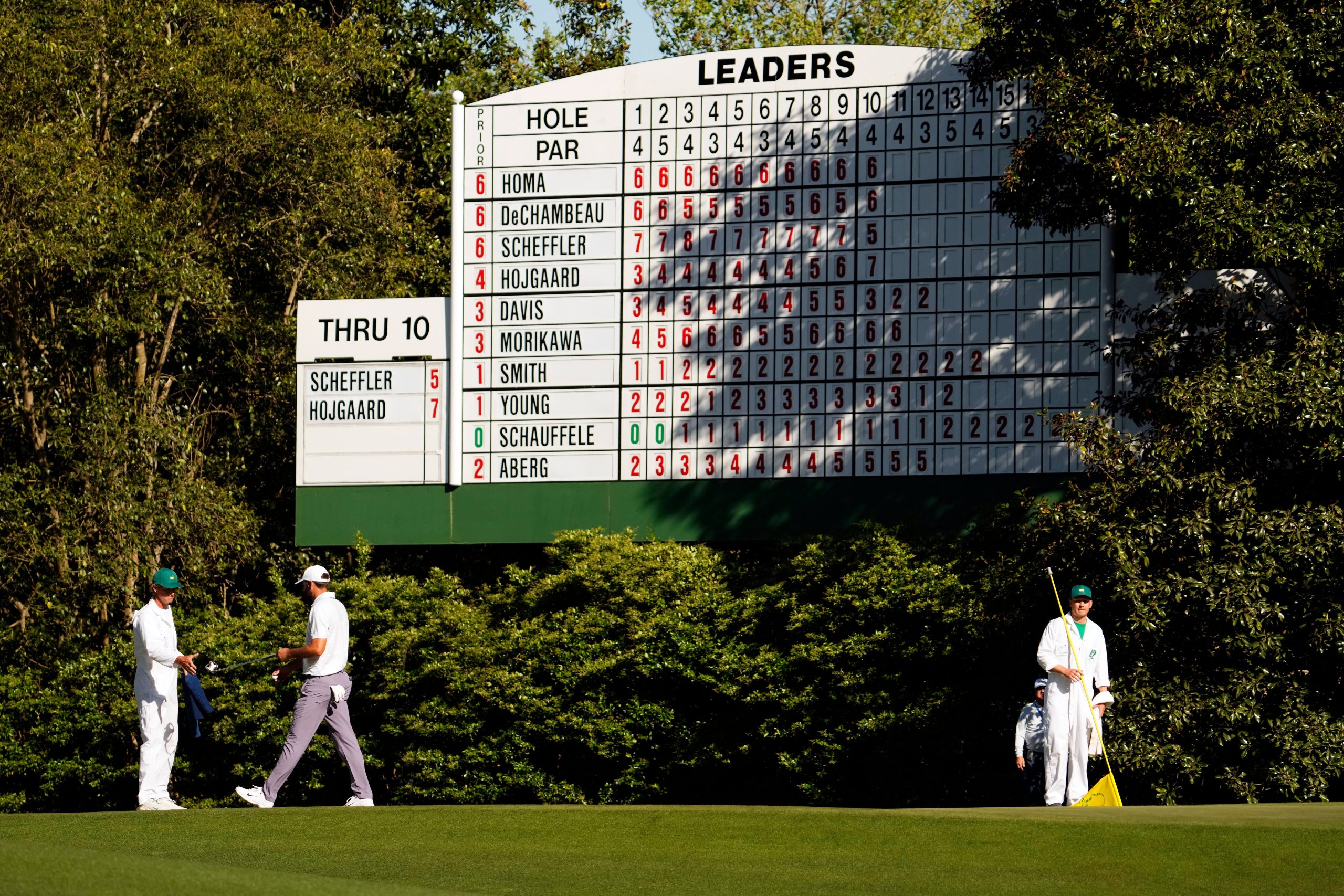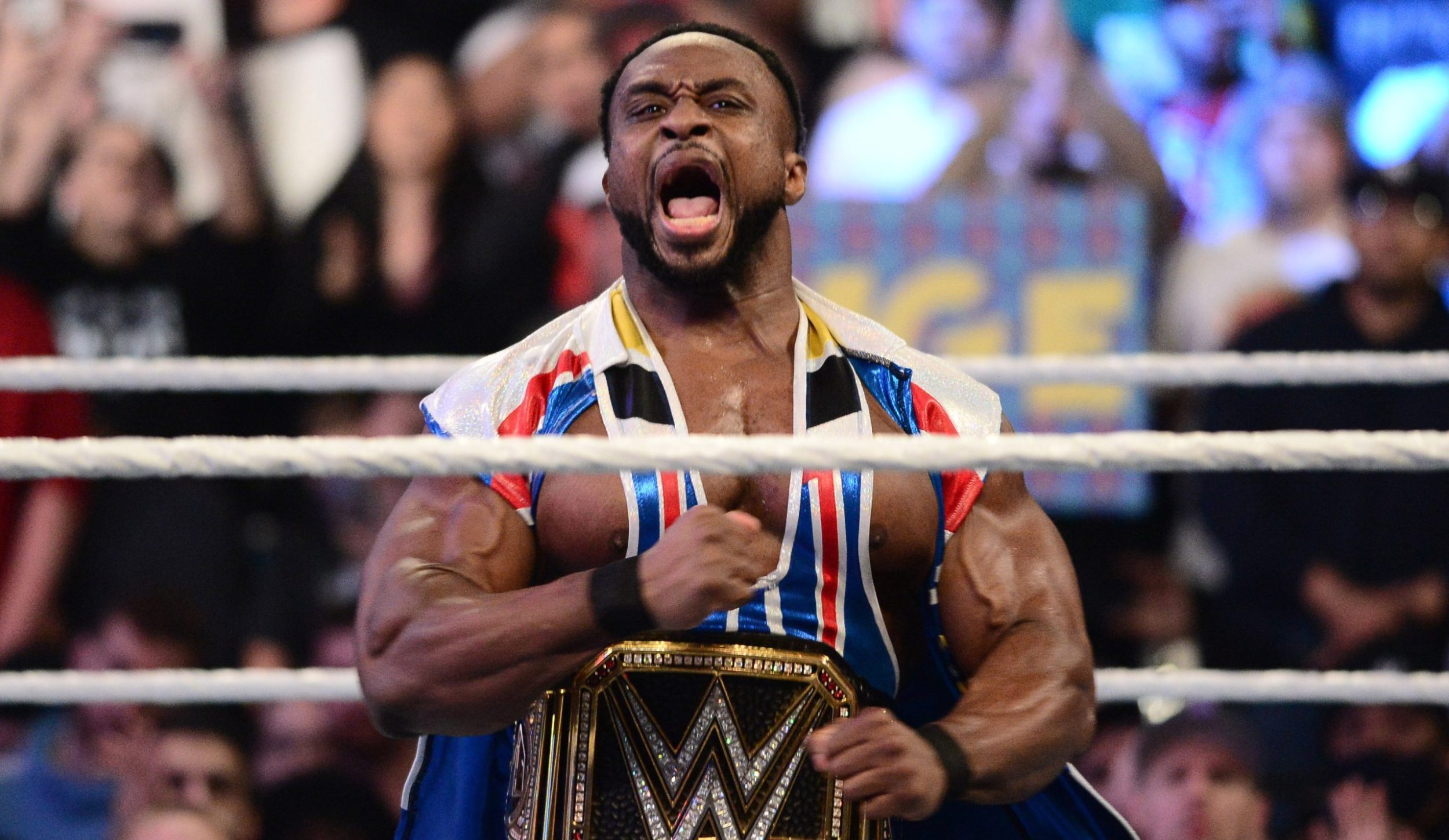The British Open (or, as you’ll read for the remainder of the article and hear all week on Golf Channel and NBC, the Open Championship) is the best tournament in golf. There isn’t much competition, either.
The Masters is played on a lovely golf course that everyone knows by virtue of having seen it time and again, which is an overall positive. But the limited field means it’s the weakest of the four majors in terms of competition. The U.S. Open is probably the toughest test in golf, but that traditionally leads to a tricked-out form of the game designed to limit the abilities of the best players in the world, the equivalent to strapping weights onto LeBron and Steph Curry in the NBA Finals, or raising the rims to 15 feet. (This year’s edition was a blissful reprieve and the USGA was hammered for it by too many people.)
The PGA Championship is to golf what the Australian Open is to tennis. It’s unquestionably an important event, unquestionably an impressive field (probably the strongest in the world each year), and a winner is deserving of being known as a major champion. But it doesn’t have the cachet of any of the other tournaments, and it’s played on courses that are traditionally uninspiring relative to Augusta, or the U.S. Open’s mix of historical and new entries. The Ryder Cup exists outside of this world, and it’s perhaps the most fun event, and more rare, but if you were trying to distill golf down to its purest form, you wouldn’t come up with a 24-player, 2-team exhibition match play competition.
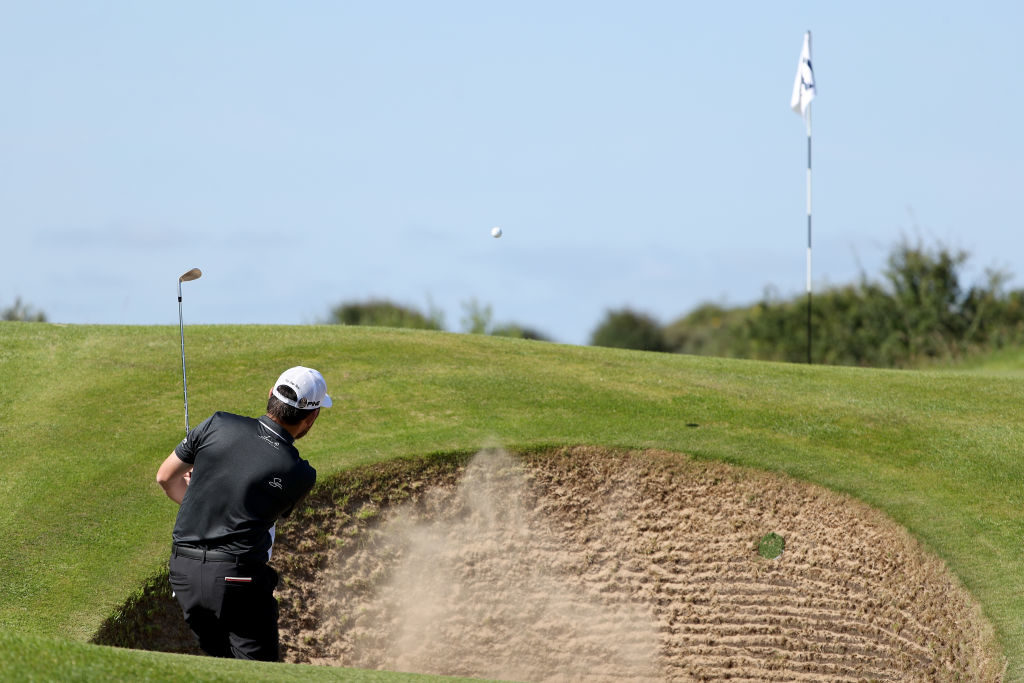
Rather, you’d probably come up with something like the Open Championship, played on courses that are so good they can still challenge the world’s best golfers a century or more after their creation. It combines history and tradition even more impressive than the Masters with courses that challenge players in unique ways, quirky but natural and endemic to the history of the game, effortlessly creating the tough-but-fair test the USGA tries so hard to manufacture each summer. And the field is plenty deep, with a fun international flair.
To American golf fans, it also has an exotic, travelogue feel, one that ESPN’s sorely-missed presentation emphasized with local vignettes and insights. The links courses that make up the Open Championship rota are of a style Americans can’t really find in the US, and even the courses that come the closest (the Bandon courses in Oregon, for example) are never going to host PGA Tour events. The wind and terrain and fescue combine to ask different questions of golfers than we normally get to see, and that’s just plain fun.
That’s why Phil Mickelson’s 2013 win (and masterful 2016 runner-up performance) was so fun. How could anyone dislike watching Phil adapt his familiar game after decades to better suit the demands of links golf, and then be rewarded for it in spectacular fashion?

In his endlessly enjoyable book A Course Called Ireland, Tom Coyne hits on the appeal of this specific brand of golf, which he rediscovered as he circumnavigated Ireland on foot:
I spent a piece of my life trying to play perfect Florida golf, wooed by sexy, high-soaring golf shots, pursuing a mythical straight ball flight. It felt like magic to give wings to dotted bits of plastic, and so many golfers seemed drunk on the sensation, beating range balls in dry bays, safe in the invariable conditions of our swing studios, tuning our irons to precise distances. We weren’t trying to be better golfers; we were stuck on a quest to hit golf’s definitive six-iron.
That’s what comes to mind when watching the Open Championship, as the world’s best players are forced to tackle challenges that have been a part of the game for centuries, and still represent a fun test. Royal Birkdale will hopefully provide plenty of that, and with cool temperatures, rain, and wind in the forecast for the week, it will probably be a fairly difficult week for the world’s best. But unlike the USGA’s worst tendencies, it’s perhaps more accurate to say it will be difficultly fair, and if there’s a better description for what golf at its peak should strive for, it’s tough to imagine.
Other Notes
- Picking tournament winners is traditionally a fool’s errand, but I did correctly predict Darren Clarke’s Open win in 2011. If forced, I’ll go with Paul Casey to continue the streak of first-time major winners capturing major championships to eight.
- Other players to watch include Jordan Spieth, whose game and style almost seem to guarantee he captures a Claret Jug one day. Dustin Johnson and Rickie Fowler are also Americans who seem destined to win one of these at some point, though that’s much easier said than done.
- Recognizable names with no chance to win include Hideki Matsuyama, whose game seems much too reliant on precision and calculation, and whose putting struggles aren’t going to be helped by windy fescue greens. Also Lee Westwood is somehow a popular pick, and though it sucks since he’s a good guy, it’s important to remember that Lee Westwood is never going to win a major. If he was going to, he’d have done it by now.
- Phil Mickelson plays his first major without longtime caddy Bones MacKay, who makes his television debut as an on-course reporter for NBC and the Golf Channel this week. Phil skipped the U.S. Open, but he has a very strong recent track record at the Open, and two decent finishes at Royal Birkdale in particular, so he could very well be a factor. As with anything related to Mickelson, though, you never really know what you’re going to get.
Coverage starts tonight at 1:30 AM Eastern on Golf Channel

